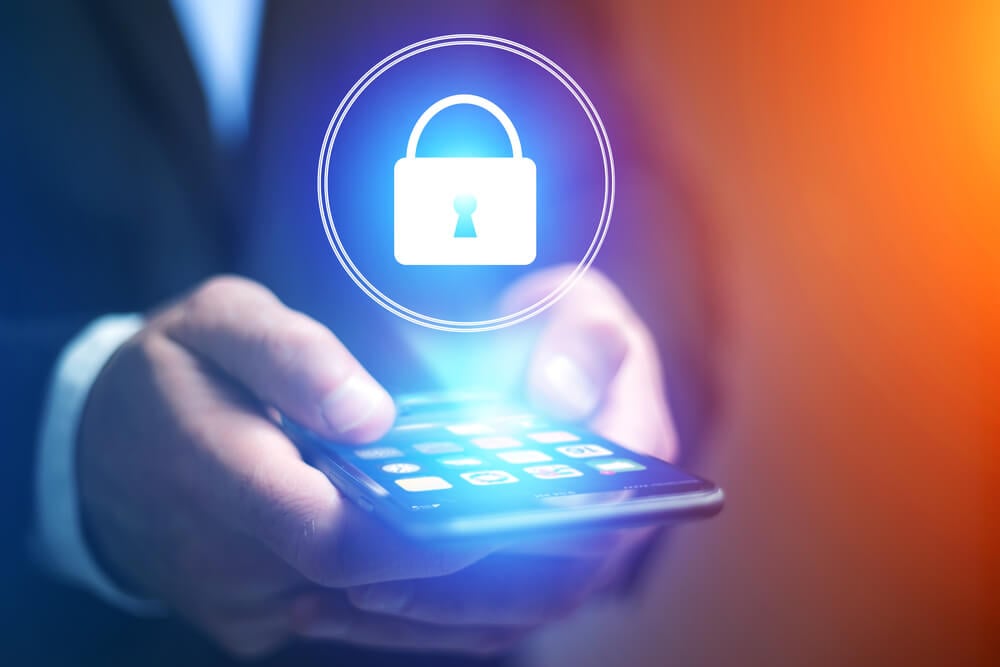
The increasing use of mobile technology provides many benefits to companies. Employees have expanded their productivity and remote employees no longer have to travel back to an office to enter data or access the information they need. There’s no question that this has improved flexibility in the workforce and removed geographical concerns from hiring.
What has not happened with the growth of mobile technology is the adoption of adequate security strategies. Companies are often left exposed through both company-owned and employee-owned devices interacting with databases and applications.
Mobile security should be integrated into enterprise security. It’s not enough to simply tag on an application for mobile security. A comprehensive approach that encompasses all facets of security for the enterprise is necessary. As a company transitions to cloud technology, there’s the potential for additional weak spots in security.
Antivirus software and firewalls are not enough. In the past, antivirus technology and firewalls might have protected the system. But the threat landscape is much different than even a decade ago, and the security approach needs to evolve to match it. For instance, most enterprises have employees using a mix of company-owned and employee-owned devices. On employee-owned devices, companies need a way to separate personal and company data. If a company doesn’t have the capability for this provisioning of data, there are outside experts that can help.
Businesses adopting a mobile-first plan require some adaptation, and possibly even a more thorough overhaul, of current business processes. There needs to be prioritization of the protection of data throughout various levels of the enterprise. This includes implementing centralized access management, security permission based on roles, and advanced encryption. Companies also need to carefully manage passwords and remote content wiping. There should be a set of consistent policies that govern device management as well as user-support policies within the company.
Enterprises need a layered defense when it comes to all areas of security.Priorities should include encryption, mobile device management, application management, threat intelligence subscriptions, and incident monitoring.
A mobile-first approach undoubtedly adds many benefits to companies’ ability to attract the best talent and improve productivity, but it’s critical for organizations to meet these advantages with a matching level of security.
If you’d like more information about implementing a mobile-first security plan, contact our consultants at Enterprise Visions. We can help you walk your clients through their security plans and identify the most critical priorities for implementation.
